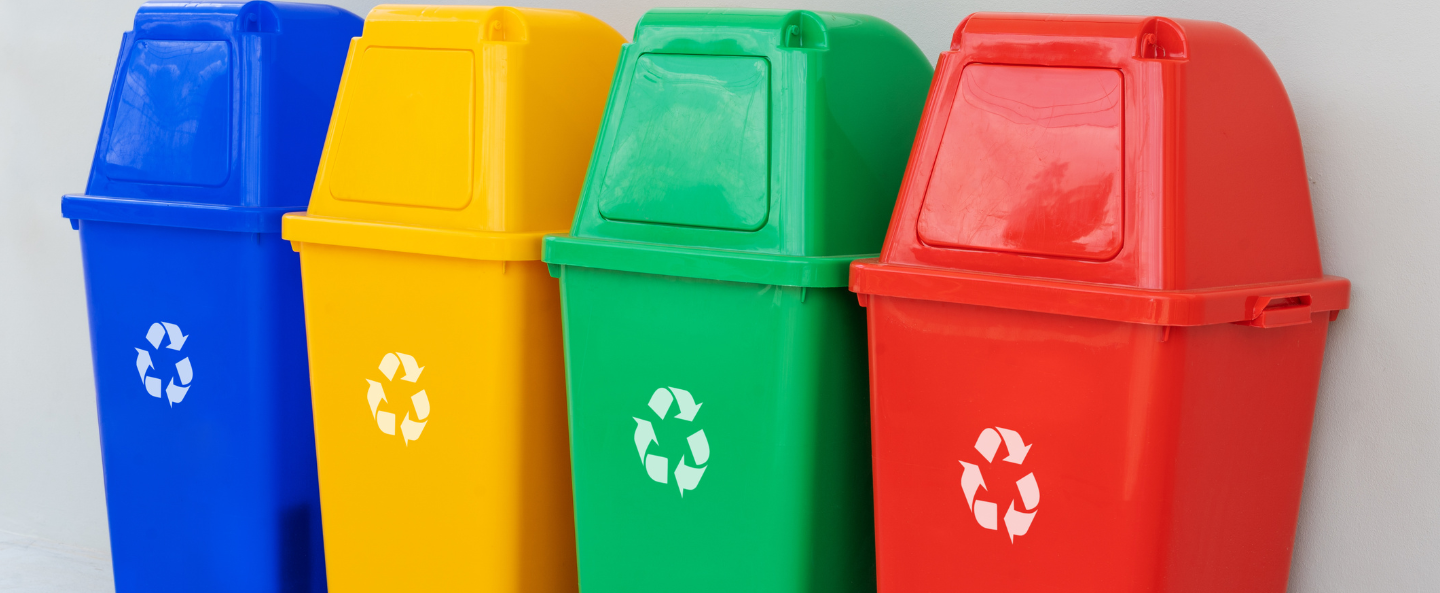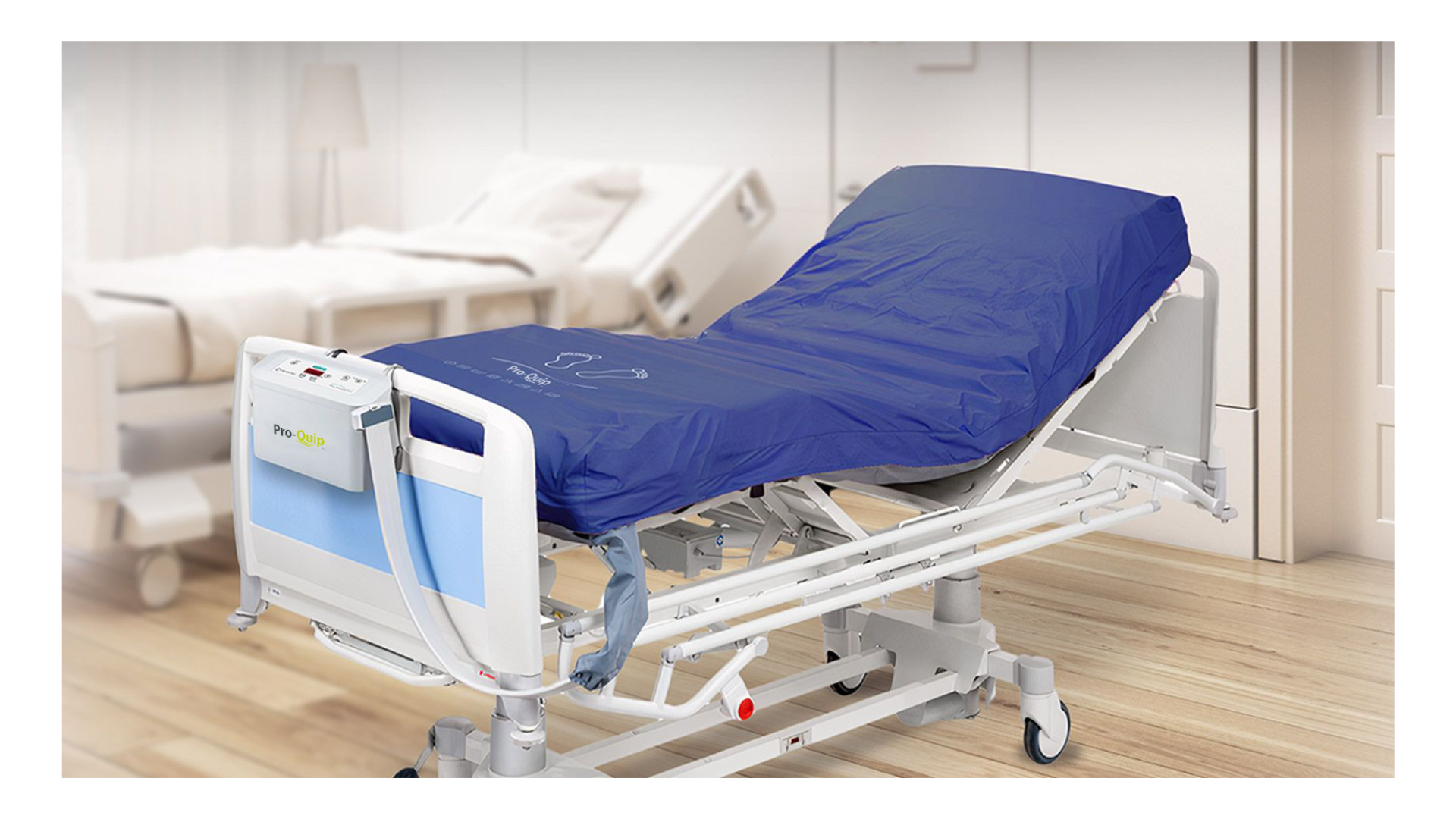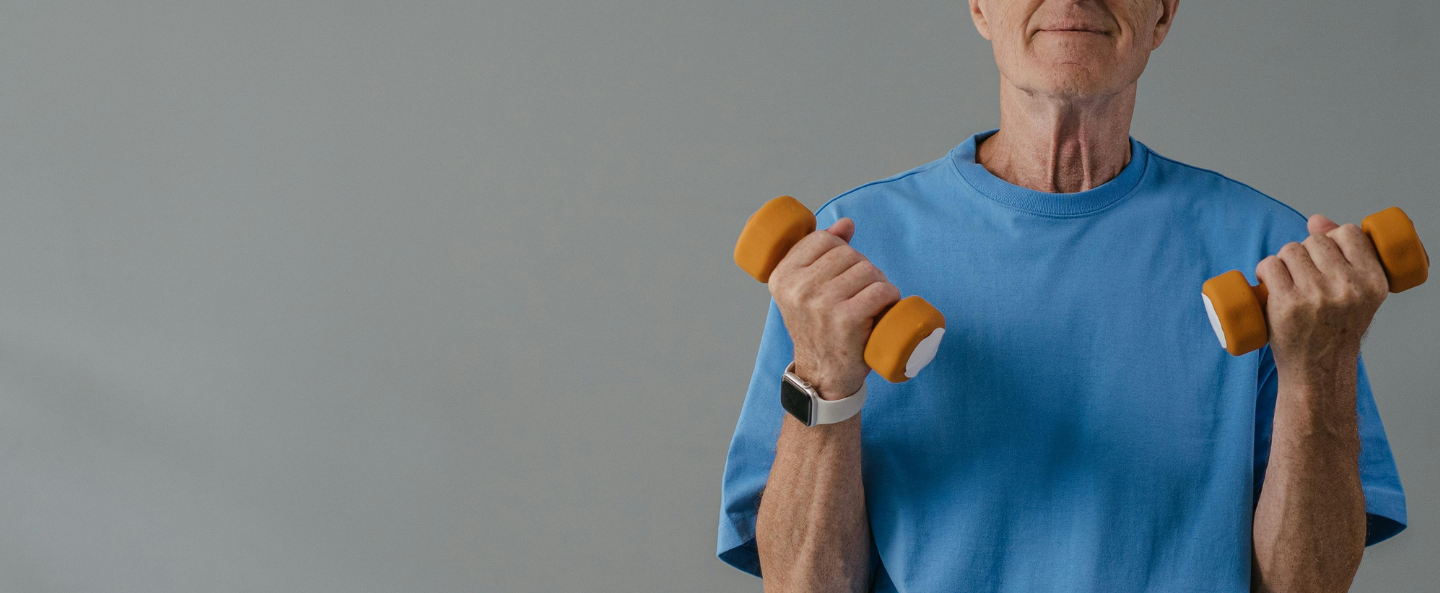Dementia care poses unique challenges for caregivers, healthcare professionals, and care home managers. The quest to provide the highest quality of life for residents living with dementia requires the right set of tools and products and ensuring you have the top dementia aids for care home residents. With a variety of aids available, choosing the most suitable one can feel overwhelming. This article simplifies the selection process, helping you navigate the landscape of dementia care products with expert guidance.
Key takeaways
-
Discover essential dementia aids that promote independence and ease of daily living
-
Learn about innovative memory aids that support cognitive function
-
Uncover safety products designed to protect residents from common hazards
-
Understand the benefits of specialised medication management aids
-
Explore personalised dementia care products and assistive technology tailored to individual needs
-
Gain insights on choosing reliable suppliers and maintaining regulatory compliance
Essential dementia aids for daily living

Supporting people with dementia involves more than just offering assistance; it’s about empowering them to maintain a degree of independence and dignity. Equipping care homes with essential daily living aids can significantly improve the quality of life for your residents, making everyday tasks less daunting and more manageable.
Adaptive Eating Utensils
Adaptive eating utensils are a game-changer for residents who struggle with fine motor skills. Designed to improve grip and leverage, these utensils empower people to eat with confidence. Enhanced independence during mealtimes not only improves nutrition but also boosts self-esteem. When residents can feed themselves, it reduces the workload for caregivers, allowing them to focus on personalised care.
Non-Spill Cups
No one likes spills, especially in a care home setting where it can lead to accidents and added stress. Non-spill cups are brilliant for reducing these risks. They are designed to be easy to hold, and their spill-proof mechanisms mean fewer mishaps during mealtimes. By investing in these cups, you foster a safer, more relaxed dining environment for everyone involved.
Weighted Blankets
Weighted blankets have gained popularity for their calming benefits. These blankets provide a gentle, consistent pressure that can help alleviate anxiety and promote better sleep. Particularly for dementia patients, who may experience heightened anxiety or restlessness, a weighted blanket could be a valuable addition to their daily routine.
Easy-to-Use Clothing
Struggling with buttons and zippers can be incredibly frustrating for those with dementia. Easy-to-use clothing, featuring Velcro fastenings or larger buttons, enables residents to dress themselves with minimal assistance. This promotes dignity and independence, key elements in a quality care environment. With an array of stylish and functional options available, easy-to-use clothing can be seamlessly integrated into daily life.
Memory aids to support cognitive function
Memory loss and cognitive decline are hallmark symptoms of dementia. Integrating memory aids into a daily care regimen can help support care home residents in maintaining their cognitive functions, performing daily tasks, and living more independently.
Electronic Reminder Devices
Electronic reminder devices offer timely prompts for various daily activities, from taking medication to attending therapy sessions. These reminders help maintain a structured routine, which is crucial for dementia patients. Advanced models even provide voice reminders, making them easier to use for those with limited literacy or vision impairments.
Personalised Memory Books
Memory books, filled with photos and personalised information, serve as valuable tools for reminiscing and orientation. They help residents recall significant life events, family members, and personal milestones, fostering emotional connections and reducing feelings of isolation. Crafting these books is also a wonderful way to involve family members in the care process.
Medication Reminders
Medication compliance is critical, yet it can be challenging for those with dementia. Effective medication reminders, whether electronic, visual, or auditory, can ensure timely administration of essential drugs. Devices ranging from simple pillboxes with alarms to sophisticated electronic dispensers can make a world of difference.
Visual Timetables
A well-designed visual timetable can break down daily activities into manageable steps, making routines easier to follow. These timetables, often featuring pictures and large text, offer clear cues and reduce the cognitive load on residents. Implementing a visual timetable in communal areas or individual rooms supports a predictable and structured environment, crucial for those with dementia.
Picture Phones
Communication can be a challenge for dementia patients, particularly when recognising faces and names becomes difficult. Picture phones, which allow users to call someone by pressing a button with their picture on it, simplify this task. This practical yet compassionate tool enhances communication, reduces frustration, and strengthens social connections.
Safety products for dementia patients in care homes
Ensuring the safety of dementia patients is a top priority for any care home. Implementing the right safety products can help mitigate common risks, providing peace of mind for both residents and caregivers.
Bed Alarms
Bed alarms alert caregivers if a resident tries to leave their bed, a common concern with dementia patients prone to wandering or falling. These devices can prevent accidents by enabling immediate intervention, thus safeguarding the resident’s well-being. Bed alarms come in various forms, from pressure-sensitive mats to motion detectors, offering diverse options to suit your care home’s needs.
Door Alarms
Wandering is a frequent behaviour among dementia patients, posing significant safety risks. Door alarms are designed to alert staff if a resident attempts to exit specific rooms or the care home itself. These alarms act as a critical line of defence, preventing residents from unintentionally wandering into hazardous areas or leaving the premises altogether.
Non-Slip Mats
Falls are a major safety concern in care homes. Non-slip mats placed in high-risk areas like bathrooms and kitchens can significantly reduce this risk. These mats are designed to provide extra grip, minimising the chances of slips and falls. Investing in high-quality, durable non-slip mats ensures long-term safety and enhances the overall living environment.
Fall Detection Sensors
Fall detection sensors are innovative devices that notify staff immediately in the event of a fall. These sensors can be worn as wristbands or embedded in the environment, offering real-time monitoring and swift response capabilities. Early intervention is key to reducing the severity of fall-related injuries and providing timely medical assistance.
GPS Trackers
For residents who might wander, GPS trackers offer an added layer of security. These devices, often worn as bracelets or incorporated into clothing, allow caregivers to monitor the resident’s location in real-time. In case of an emergency, GPS trackers can expedite the search process, ensuring that the resident is found quickly and safely.
Medication management aids
Proper medication management is critical in dementia care. Advanced medication management aids simplify the process, ensuring that residents receive their medications accurately and on time, which is essential for managing their health effectively.
Automated Pill Dispensers
Automated pill dispensers alleviate the burden of managing multiple medications. These devices dispense the correct dosage at the right time, with alarms to alert residents or caregivers when it’s time to take the medication. This precision helps prevent missed doses or overmedication, contributing to better health outcomes.
Multi-Compartment Pill Organisers
Multi-compartment pill organisers keep medications clearly separated by day and time, making it easier to track compliance. These organisers are especially useful for residents with complex medication schedules, reducing confusion and ensuring that each dose is taken as prescribed.
Talking Pill Bottles
Talking pill bottles provide audible instructions, a significant aid for those with visual impairments or cognitive difficulties. These bottles can record a caregiver’s or pharmacist’s voice, offering clear and personalised instructions to guide residents through their medication regimen.
Blister Packs
Blister packs simplify medication distribution, with each dose sealed in a separate compartment, typically marked with the day or time. Pharmacies often prepare these packs, ensuring that doses are pre-measured and organised, which streamlines the caregiver’s job and reduces the risk of errors.
Digital Medication Logs
Digital medication logs allow caregivers to track medication compliance easily and accurately. These logs can be integrated with electronic health records, providing a comprehensive overview of the resident’s medication history. This technology supports better communication between caregivers and healthcare providers, ensuring cohesive and informed care.
Importance of personalised dementia care products
Personalisation is key in dementia care. Tailored products that cater to individual needs can significantly enhance residents' well-being, offering comfort, reducing anxiety, and promoting engagement.
Customised Memory Aids
Customised memory aids, such as personalised photo albums or bespoke calendars, can make a significant difference. These items help residents recall important personal information, reducing confusion and anxiety. Including familiar pictures and information creates a comforting and reassuring environment.
Personalised Sensory Items
Sensory items tailored to individual preferences can provide immense comfort. These items might include weighted blankets, fidget toys, or textured fabrics. Personalised sensory aids cater to specific needs, offering calming effects and helping manage behavioural issues.
Tailored Activity Kits
Engaging residents in meaningful activities is essential for cognitive and emotional well-being. Tailored activity kits designed around personal interests and abilities can be profoundly beneficial. These kits might include puzzles, art supplies, or gardening tools, all chosen to match the resident’s preferences and abilities.
Bespoke Identification Bracelets
Identification bracelets offer crucial information in case of emergencies. Bespoke options can include personalised details such as the resident’s name, medical conditions, and emergency contacts. These bracelets ensure that even in challenging situations, caregivers and medical professionals have immediate access to vital information.
Individual Tracking Devices
Safety is paramount, and individual tracking devices offer tailored security measures. These devices can be customised to fit comfortably and discreetly, ensuring residents are safe without feeling monitored or restricted. GPS trackers, for example, provide real-time location data, enhancing overall safety.
Choosing the right supplier
Choosing the right supplier for dementia aids is crucial for ensuring product quality, reliability, and appropriate support. Here's what to look for when selecting a supplier.
Reliable Suppliers
Opt for suppliers with a proven track record of delivering high-quality products. Reliable suppliers provide dependable aids that meet safety standards and long-term use requirements. Researching their history and business longevity can give you confidence in your selection.
Customer Support
Good customer support is vital when dealing with complex care needs. Ensure your supplier offers robust support services, including phone consultations, troubleshooting, and after-sales service. This assistance can be invaluable when you need advice or encounter issues with the products.
Positive Reviews
Check reviews and testimonials from other care homes and professionals within the industry. Positive feedback attests to the supplier’s reliability, product quality, and customer service. Engaging in forums or networks where professionals share their experiences can yield useful recommendations.
Ensuring compliance with dementia care regulations in care homes
Maintaining compliance with dementia care regulations is non-negotiable. Adhering to these standards ensures high-quality care and protects your care home from legal issues. Here’s how to stay compliant.
Regular Training
Continuous education and training for staff are essential. Regular training sessions keep everyone updated on the latest best practices and regulatory changes. This training should cover all aspects of dementia care, from daily routines to emergency procedures.
Accurate Record-Keeping
Proper documentation is crucial for compliance. Accurate record-keeping ensures that all activities, incidents, and care plans are well-documented. Maintain detailed records of each resident’s care, medication administration, and any incidents that occur.
Compliance Audits
Conduct regular compliance audits to verify that your care home meets all regulatory standards. These audits should be thorough, covering every aspect of care from the physical environment to personnel training. Address any deficiencies immediately to maintain compliance.
Resident Feedback
Regularly soliciting feedback from residents and their families is an effective way to improve care and meet standards. This feedback can highlight areas for improvement and ensure that the needs and preferences of residents are being met.
Continual Updates
The field of dementia care is always evolving. Stay informed about the latest developments and update your policies and procedures accordingly. Continual updates keep your care home compliant and ensure that you are providing the best possible care.
Navigating dementia care in care homes requires the right products and a commitment to best practices. By integrating essential aids for daily living, memory supports, and safety measures, you can significantly enhance the quality of life for your residents. Contact us to find out more how we can help.




